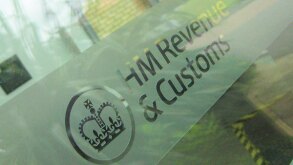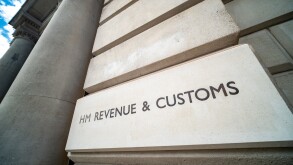Inland Revenue has released a draft operational statement providing guidance as to when non-resident employers are required to deduct tax at source under the pay-as-you-earn (PAYE) system from payments made to employees located in New Zealand. The statement also provides guidance as to when employer superannuation contribution tax (ESCT) and fringe benefit tax (FBT) are payable in respect of benefits provided to such employees.
The statement is timely given that COVID-19 and associated restrictions on travel have seen a number of employees working from New Zealand for non-resident employers who would not otherwise have a presence in New Zealand. The question of when a non-resident employer must account for tax in respect of employees in New Zealand arises more generally, however, and the guidance is not confined to circumstances resulting from COVID-19.
In summary, Inland Revenue's view is that a non-resident employer will have New Zealand employment-related tax obligations in relation to an employee in New Zealand if:
The employer has made itself subject to New Zealand tax law by having a "sufficient presence" in New Zealand; and
The services performed by the employee are properly attributable to the employer’s presence in New Zealand.
Defining "sufficient presence"
Inland Revenue considers that an employer will normally have a "sufficient presence" in New Zealand where the employer has a trading presence (i.e. carrying on operations or employing a workforce in New Zealand). An employer would also have a "sufficient presence" in New Zealand where the employer has a permanent establishment or branch in New Zealand, has contracts that were entered into in New Zealand, or performs contracts in New Zealand with employees based in New Zealand.
A sufficient presence would not arise by reason only of an employee choosing to undertake their employment activities in New Zealand where those activities have no necessary connection to New Zealand. This scenario has become more common, especially in light of COVID-19, as New Zealand citizens employed by non-resident employers choose for personal reasons to work from New Zealand.
Properly attributable
Once a non-resident employer has a "sufficient presence" in New Zealand, the extent of the non-resident employer’s employment-related obligations will be limited to payments properly attributable to that New Zealand presence. Typically, employer tax obligations will arise for such an employer in respect of any employee based in New Zealand. However, employer tax obligations could also extend to work done by employees outside New Zealand (e.g. where the employee is temporarily based overseas investigating the purchase of new equipment to be used in the employer's New Zealand operations).
Other issues addressed by the statement
The statement also sets out Inland Revenue's view that:
No PAYE withholding obligations arise where the non-resident employee is exempt from income tax either as a result of an exemption under domestic law or full relief under an applicable double tax agreement.
An employer (even if tax resident in New Zealand) is not required to withhold PAYE where the PAYE income payment is paid to a non-resident employee for work performed outside New Zealand.
Legal status of the statement
Currently, the statement is in draft form. It has been released for public consultation with a deadline for comment of September 1 2020.
Once finalised, the statement will be the advice of Inland Revenue and (although not legally binding) will provide protection against interest and penalties for taxpayers whose filing positions are consistent with it. Further, in respect of core tax, Inland Revenue usually will not take action inconsistent with such advice except on a prospective basis.
Tim Stewart
T: +64 4 819 7527
E: tim.stewart@russellmcveagh.com
Alex Ladyman












